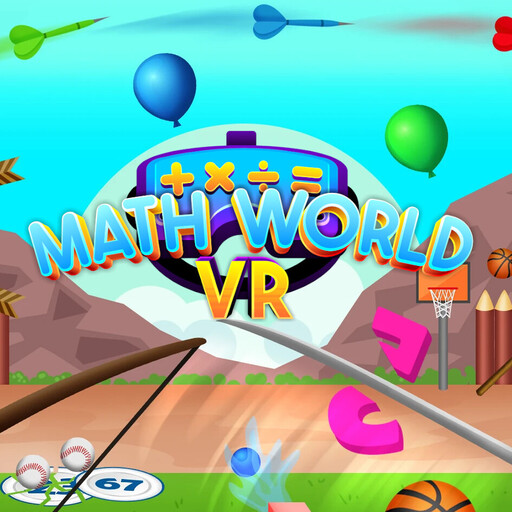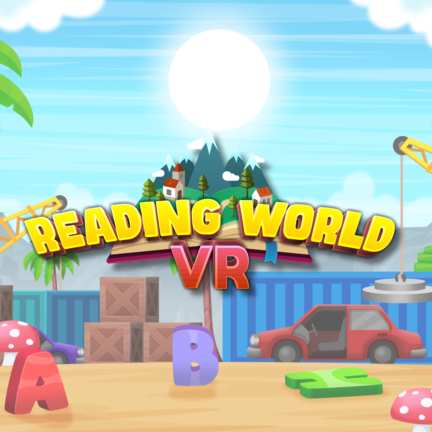In today’s technologically advanced world, educational games have gained significant popularity as effective tools for learning and skill development. Gone are the days when games were considered mere sources of entertainment. In this blog, we will explore the unique benefits of educational games, shedding light on why they are good for your brain. We’ll explore the influence educational games can have on cognitive skills. From improving cognitive abilities to enhancing problem solving skills, educational games offer a multitude of advantages. So, let’s dive into the fascinating realm of educational gaming and discover how it can positively impact your brain.
Helping Boost Cognitive Skills
Attention and Focus: Educational games often require sustained attention, allowing players to sharpen their focus. By engaging with interactive content, gamers learn to concentrate on specific tasks, leading to improved attention span in other areas of life as well.
Memory Enhancement: Many educational games incorporate memory challenges, helping players exercise their brain’s memory capacity. As individuals strive to recall information, concepts, and strategies within the game, they strengthen their memory retention abilities, fostering better recall in real-life situations.
Problem-Solving Proficiency: Educational games often present players with complex problems or puzzles to solve. This gameplay element encourages critical thinking, strategic planning, and the development of problem-solving skills. Gamers learn to analyze situations, consider multiple perspectives, and devise effective solutions, all of which are transferable skills to other domains. In return, educational games can influence cognitive skills through problem solving.
Improving Learning Retention Through Gamification
Interactive Learning: Traditional learning methods can sometimes be passive, leading to limited knowledge retention. Educational games provide an interactive learning experience that actively involves the player. By engaging in hands on activities and making decisions, learners are more likely to remember and understand the information presented.
Contextual Learning: Educational games often present information in a meaningful context, making it easier for players to grasp and remember. By integrating knowledge within the game’s narrative or gameplay mechanics, educational games create a more immersive and memorable learning environment.
Personalized Learning: Educational games can adapt to individual player needs, offering personalized learning experiences. Through AI algorithms or dynamic difficulty adjustments, games can cater to learners’ specific abilities, providing challenges that are appropriately challenging yet achievable. This personalized approach enhances learning effectiveness and promotes continuous growth.
Motivation and Engagement
Intrinsic Motivation: Educational games have the potential to ignite intrinsic motivation in learners. By providing immediate feedback, rewards, and progress tracking, games create a sense of achievement and progress. This intrinsic motivation sustains interest, encouraging players to persistently engage in the learning process.
Active Participation: Compared to passive learning methods, educational games require active participation. Players become active agents in their learning journey, making decisions and experiencing the consequences firsthand. This active involvement stimulates curiosity, creativity, and engagement, resulting in more effective knowledge absorption.
Collaborative Learning: Many educational games incorporate multiplayer or cooperative elements, fostering collaboration and social interaction among players. By working together towards common goals, gamers develop teamwork, communication, and negotiation skills. Collaborative learning not only enhances knowledge retention but also cultivates important social competencies.

Developing Transferable Skills
Digital Literacy: Educational games offer a platform to develop digital literacy skills, equipping learners with essential knowledge and competence in navigating digital environments. As technology becomes increasingly prevalent, these skills are becoming indispensable in various personal and professional domains.
Adaptability and Resilience: Educational games often present players with dynamic and unpredictable challenges. By adapting strategies and overcoming obstacles, gamers cultivate adaptability and resilience. They learn to embrace uncertainty, persevere through failures, and develop a growth mindset. These qualities are essential for success in an ever-changing world.
Hand-Eye Coordination: Many educational games require precise control and coordination between hand movements and visual input. This improves hand-eye coordination and fine motor skills, which can have practical applications in fields such as medicine and engineering.
Time Management: Educational games often involve time constraints and deadlines, teaching players how to manage their time effectively. By setting priorities, making quick decisions, and balancing tasks within the game, players develop valuable time management skills that can be transferred to academic and professional settings.

Beyond the Present: The Evolving Landscape of Educational Games
As we stand at the intersection of education and technology, it’s exciting to envision the future trajectories of educational games. With rapid advancements in technology and a growing understanding of pedagogy, here’s a glimpse into what the future might hold:
1. Immersive Virtual Reality (VR) Experiences:
- Trend: With VR technology becoming more accessible, educational games are poised to offer deeply immersive experiences, transporting students to different eras, ecosystems, or even galaxies.
- Implication: Such experiences can provide unparalleled contextual learning, allowing students to ‘live’ the lessons rather than just study them.
2. Adaptive Learning Algorithms:
- Trend: Future educational games might employ advanced AI algorithms that adapt in real-time to a student’s performance and learning style.
- Implication: This ensures a personalized learning trajectory, challenging students at their individual levels and pacing the content according to their grasp.
3. Augmented Reality (AR) Integration:
- Trend: AR can overlay digital information onto the real world. Imagine students exploring a historical site through an AR game, receiving real-time information and challenges.
- Implication: This blend of the real and digital worlds can make learning more engaging and contextually rich.
4. Global Collaborative Platforms:
- Trend: The future might see educational games that connect students across the globe, allowing them to collaborate on projects, solve challenges, or engage in cultural exchanges.
- Implication: Such platforms can foster global awareness, teamwork, and a deeper understanding of diverse perspectives.
5. Integration with Academic Curricula:
- Trend: As the efficacy of educational games gains wider recognition, we might see a more seamless integration of these games into formal academic curricula.
- Implication: This would mean that gaming becomes not just an auxiliary learning tool but a central pedagogical method.
Conclusion
Educational games offer a compelling blend of learning and entertainment, making them a powerful tool for brain development. By boosting cognitive skills, improving learning retention, enhancing motivation and engagement, and fostering the development of transferable skills, these games provide a unique and effective learning experience. So, embrace the world of educational games and unlock your brain’s full potential. Whether you’re a student, a professional, or simply someone seeking mental stimulation, educational games can be a valuable addition to your growth and development journey.








